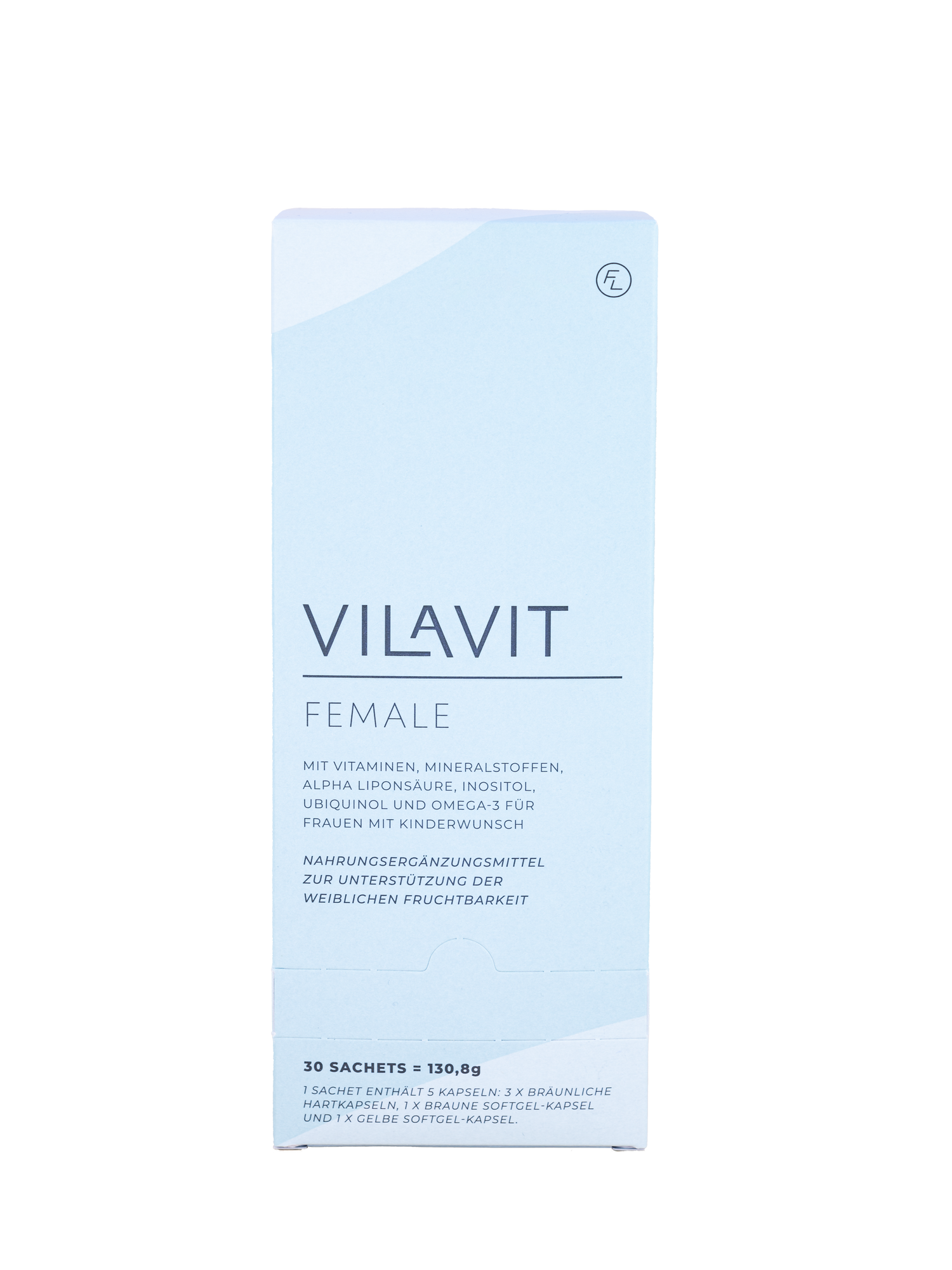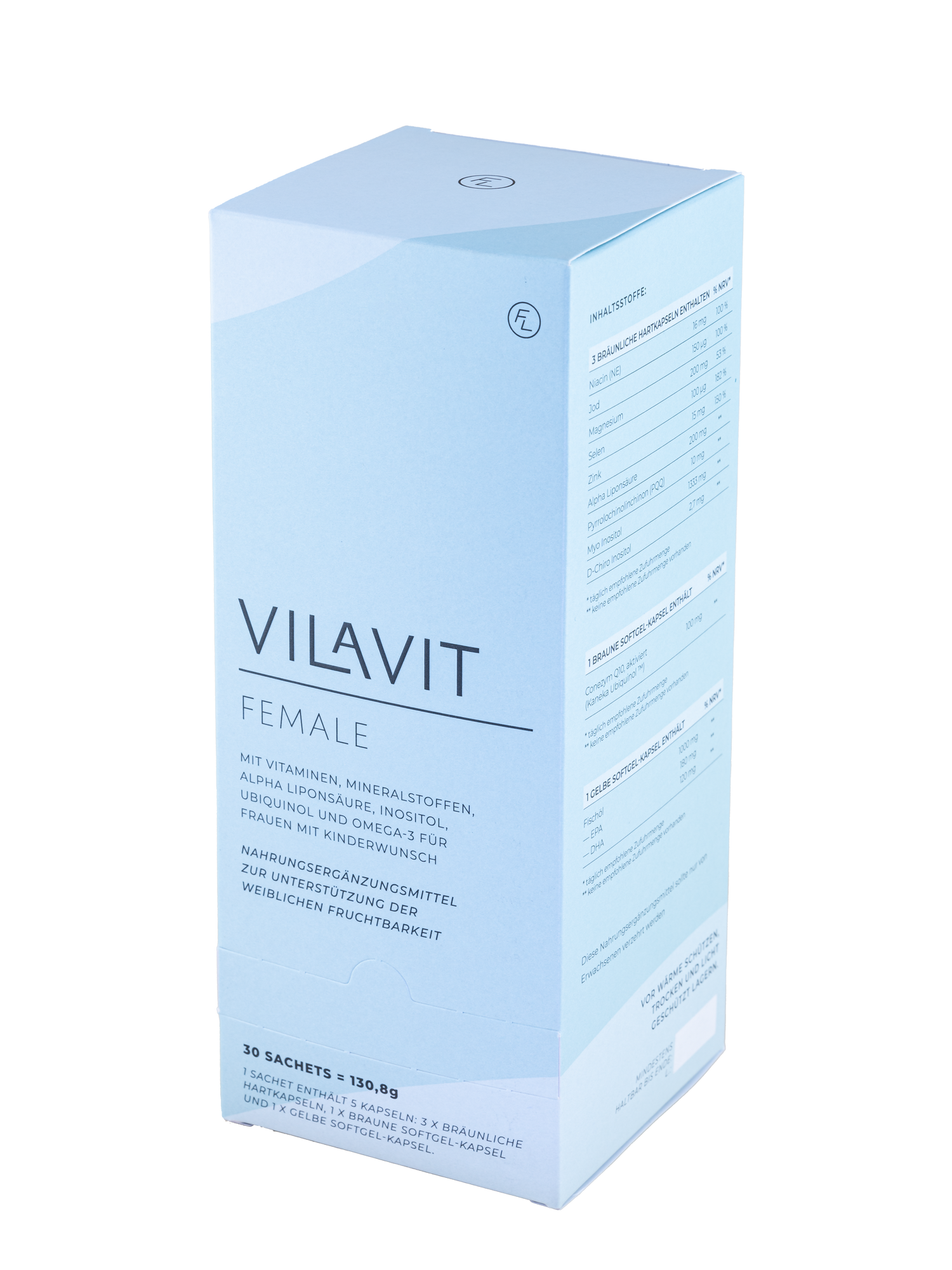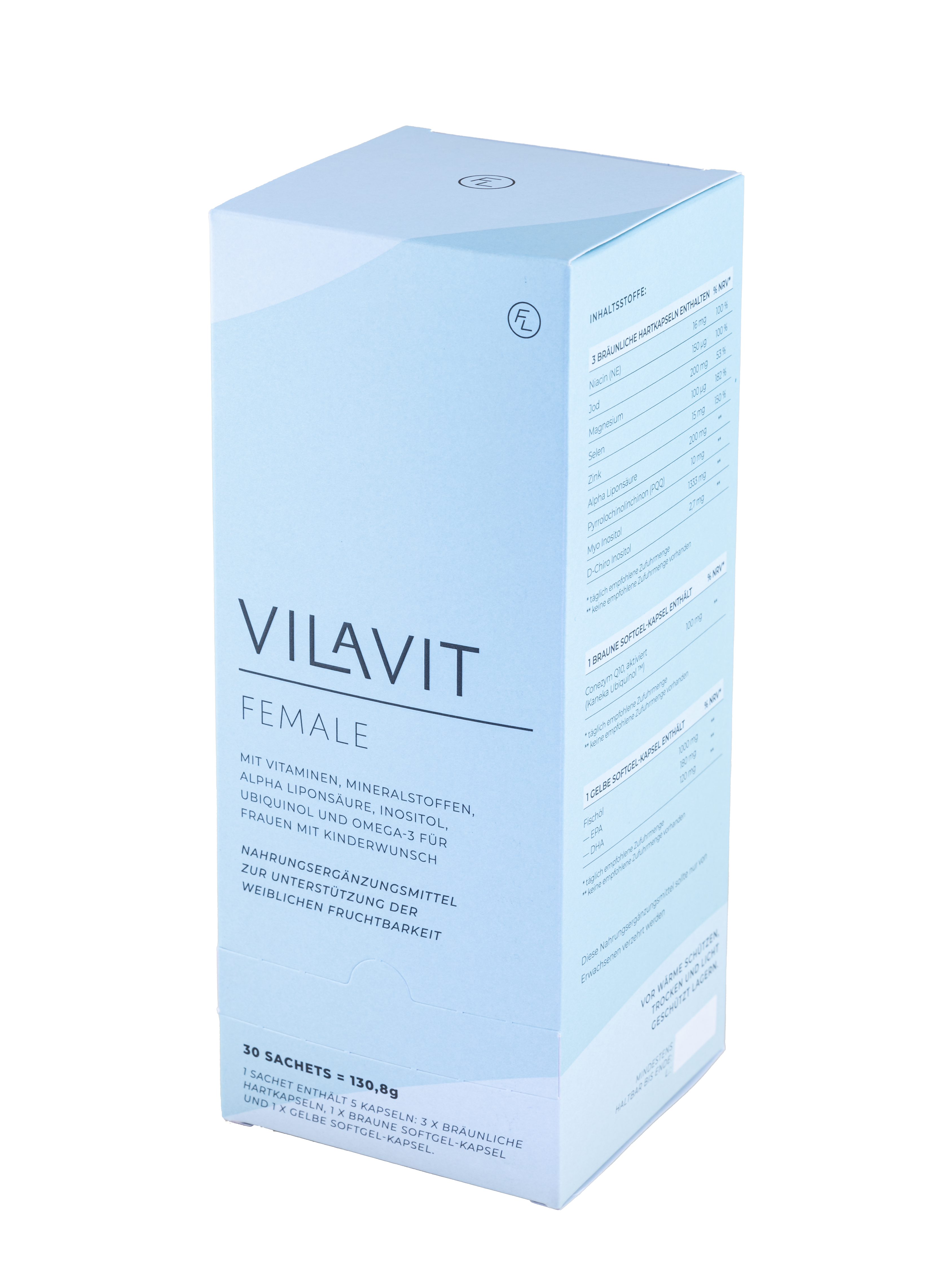What is Hashimoto's Thyroiditis?
Hashimoto's is an autoimmune condition where the body's immune system attacks the thyroid, leading to chronic inflammation. Over time, this can result in an underactive thyroid (hypothyroidism).
Women are approximately four times more likely to be affected by Hashimoto's than men.
Treatment aims to control symptoms and normalize hormone levels through the administration of thyroid hormones.
Causes of Hashimoto's Thyroiditis
The causes of Hashimoto's are not fully understood, but a combination of genetic predisposition and immunological triggers is believed to play a role. Stress and hormonal changes, such as puberty and menopause, can contribute to Hashimoto's. Excessive iodine intake, iodine excess, can also increase the risk. The condition often coexists with Polycystic Ovary Syndrome (PCOS) in women.
Typical Symptoms of Hashimoto's
Typical symptoms of Hashimoto's with hypothyroidism include fatigue, lethargy, weight gain, constipation, hair loss, brittle nails, dry skin, depressive mood, heart rhythm disturbances, and menstrual irregularities. The disease is often diagnosed late, as individuals attribute the factors to a stressful lifestyle.
Getting Pregnant with Hashimoto's
Both underactive and overactive thyroid function can lead to reduced fertility and decrease the chances of successful conception. The good news: careful monitoring and adjustment of thyroid hormone levels by a specialist can increase the chances of pregnancy.















